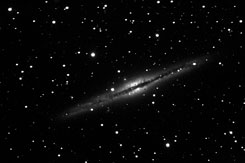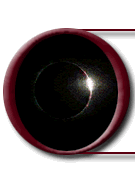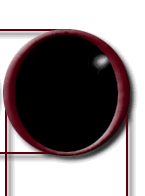|
"NGC891
in Andromeda" 11/11/99 Kitt Peak, Arizona
(Image by Adam Block, Willis Greiner and Cheryl
Price. Copyright NOAO, all rights reserved.)

This CCD image was obtained using a 16" Meade Schmidt-Cassegrain
telescope operating at f/6.3. The camera used was a SBIG ST-8;
sky chart software was Software Bisque's The Sky, acquisition
and image manipulation software was Cyanogen's Maxim DL. Three
300-second exposures were taken and combined to form a raw
composite image. Dark and flat-field exposures were taken
and applied to the raw images. A maximum-entropy algorithm
was then applied to the combined data, resulting in the final
image shown here.
NGC891
is a beautiful and striking spiral galaxy seen exactly edge-on.
Galaxies like NGC891 are separate "island universes" similar
to but at great distances from our own galaxy, the Milky Way.
If you look toward the center of the Milky Way (in Cygnus
and Sagittarius) on a late summer evening you may see a dark
rift (not unlike the one seen here) that exists traversing
our own galaxy. This featured galaxy in Andromeda is thought
to be about 43 million light years from us; this implies that
its light that we are now viewing left NGC891 43 million years
ago, somewhat after the demise of the dinosaurs and 38 million
years before the first proto-human emerged to look skyward!
Click
the image to view a larger version.
|






















